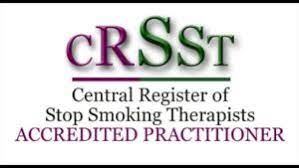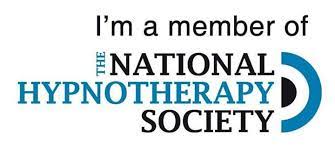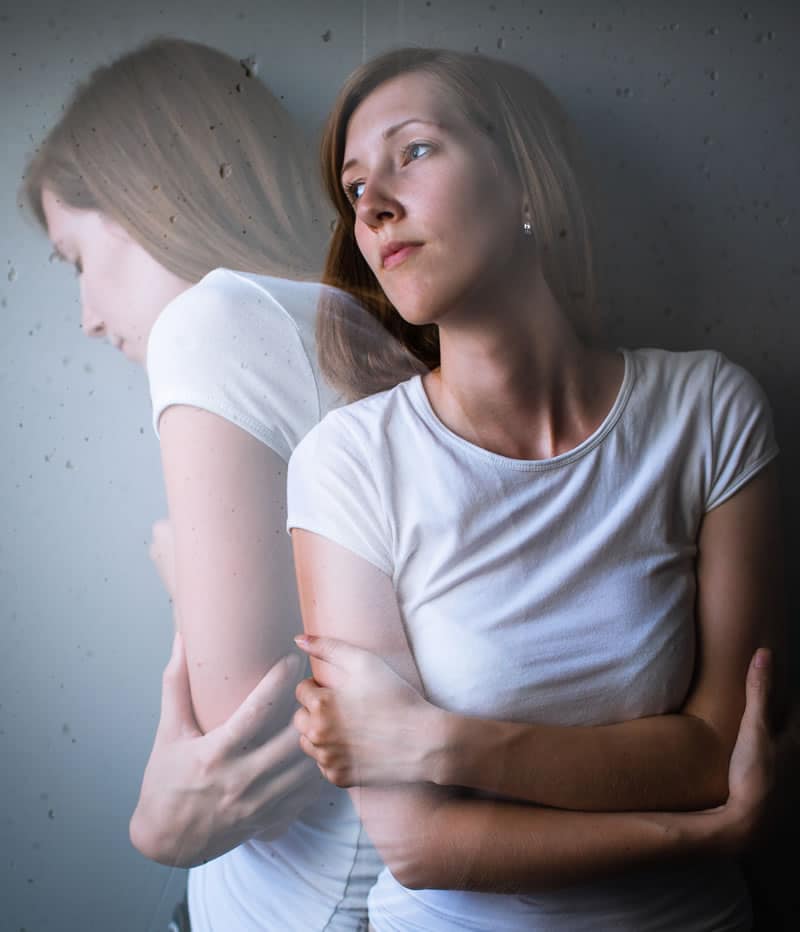Anxiety Hypnotherapy
Anxiety can be an overwhelming and debilitating experience, affecting every aspect of life. Anxiety Hypnotherapy in London offers a profound and practical approach to managing and overcoming these feelings. This therapy is not just about coping with anxiety; it’s about understanding its roots and transforming your response to it, aiming to improve your mental health.
Our specialised hypnotherapy sessions focus on calming the mind and breaking the constant worry and fear cycle. By accessing your subconscious, we work to change the ingrained thought patterns that fuel anxiety, replacing them with a sense of calm and control. This method is particularly effective for those who have yet to try everything else.
Common Anxiety-Related Issues We Encounter
- Persistent, excessive worrying about everyday events and activities.
- Feeling agitated or restless, with an inability to relax.
- Experiencing panic attacks, characterised by sudden, intense fear or discomfort.
- Avoidance of social situations due to fear of judgement or embarrassment.
- Difficulty concentrating or mind going blank due to anxiety.
- Irrational fears or phobias impact daily life.
- Disturbed sleep patterns, including trouble falling or staying asleep.
- Physical symptoms like rapid heartbeat, sweating, trembling, or fatigue.
- Gastrointestinal issues are often exacerbated by nervousness.
- Overwhelming feelings of dread or apprehension about the future.
We address various forms of anxiety, from general anxiety disorder to specific phobias and panic attacks. Our approach is tailored to your unique experiences, ensuring you receive the most effective treatment for your particular type of anxiety.
How Hypnosis For Anxiety Eliminates These Issues
Hypnosis for anxiety offers a powerful solution to the various challenges posed by anxiety, delivering tangible benefits:
Easing Persistent Worrying
Reducing Agitation and Restlessness
Preventing Panic Attacks
Overcoming Social Anxiety
Improving Concentration
Addressing Phobias
Regulating Sleep Patterns
Our hypnotherapist aids in relaxing the mind, facilitating better sleep quality and addressing anxiety-related insomnia.
Alleviating Physical Symptoms
Easing Gastrointestinal Issues
Dispelling Dread and Apprehension
Integrated Therapeutic Approach for Fear-Based Responses
Clinical Hypnotherapy
We use hypnotherapy to access and positively influence the subconscious mind, addressing the deep-rooted causes of anxiety and reshaping anxious thought patterns.
Psychotherapy
This involves exploring the underlying emotional and psychological factors contributing to anxiety providing insights and strategies for managing and overcoming these issues.
Counselling
Through counselling, we offer a supportive space for clients to discuss their anxiety openly, facilitating personal understanding and development of coping mechanisms.
Neuro-Linguistic Programming (NLP)
NLP techniques are employed to alter negative thought processes and behaviours associated with anxiety, reinforcing positive and empowering mental states.
Psychology
Grounded in psychological principles, our approach involves applying evidence-based strategies to improve cognitive functioning and emotional regulation related to anxiety.
Hypnotherapy Session Fees and Number of Treatments Required
Fee Per Session: Each one-hour session is priced at £190. These sessions address your specific anxiety-related challenges using our integrated therapeutic approach.
The number of sessions required varies depending on individual needs and the severity of anxiety symptoms. Some clients may notice significant improvements within a few sessions, while others might benefit from a more extended course of treatment for more profound, lasting change.
Reviews and testimonials
Qualifications and Registrations







